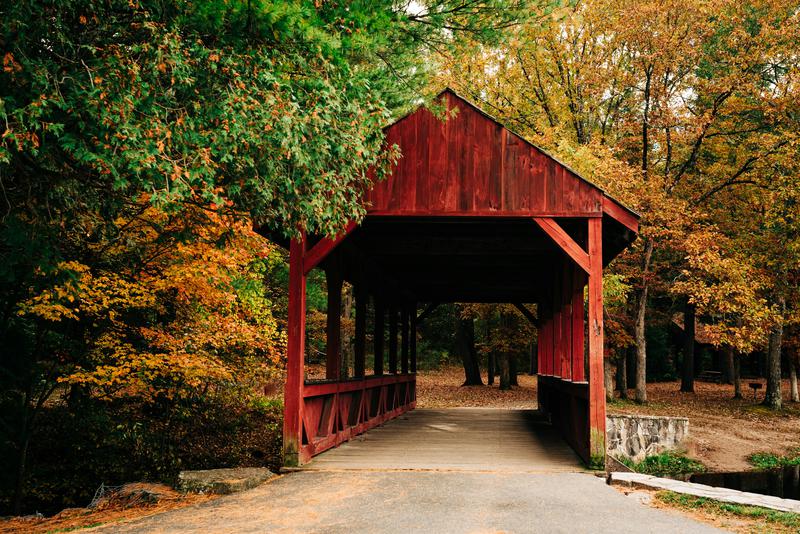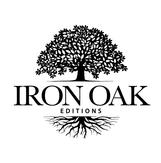John Jacobson
Dancing With Louise Glück
Did you remember the night, sometime in the 1980s? The swish of dancer’s shoes on the polished oak floor of the Woodstock Community Center? The sound of the band filling space beneath the white vaulted ceiling and supporting beams of the old church building?
You wore a white dress. If I remember correctly, it had little flowers printed on it. I was the skinny kid with a wispy beard who asked you to dance the last dance of the night. You were older than me, shorter than my ideal partner, but I thought you were pretty, with shoulder length brown hair and eyes with a mysterious light. You could have said anything. I was prepared for no. You said, “Yes.”
We took our places in the crowd on the floor. The music started. I thought at first you had tripped. I caught you. You were limp. I held you up.
“Oh…I’m sorry,” you finally said. “I guess I overdid it. I have to sit this one out. I have seizures.”
I put my arm around you. We walked to the row of chairs against the wall. I sat next to you.
“Go find someone else to dance,” you said.
“No. I’ll stay. Make sure you’re okay.”
You rested your head against the wall and closed your eyes. I didn’t remember your name.
When I think about that time now, it’s like imagining a different world. Contra dancing was in a revival. Crowds were large. Something in the music and movement of the dance made me feel I belonged. I had favorite partners. Dances framed my acquaintance with each of them. I was not good at conversation though. When everyone seemed to be talking to everyone else at intermission, I was usually outside, alone in the dark looking up at stars and planets.
I saw you again in other places after that night. I tried to ask you to dance. I would be too far from you. I felt a twinge of disappointment every time I saw someone else take you out to the floor. Many of the dancers were professionals. Some were doctors. Some professors. I noticed that you mixed more easily with them than I did.
I saw myself as blue-collar. I had grown up in a trailer perched on blocks in a pasture on my grandfather’s farm. My memories were of feeding cows in wooden stanchions in the light of bare bulbs on the white-washed ceiling while my dad and grandfather submerged heavy milk cans in a spring fed vat in the milkhouse. I knew about cutting hay and firewood. I could fix a truck or tractor. I came from a different world. My forest green Ford pickup truck with its ladder rack over the black cap on its bed stood out among Volkswagens, Saabs and Volvos in the parking lots.
I read Thoreau and Edward Abbey. I studied John Burroughs. I favored essays, especially the nature and science writing of Stephen Jay Gould, Terry Tempest Williams and David Quammen. I also loved Hemingway’s The Old Man and the Sea and “Big Two-Hearted River.” I read F. Scott Fitzgerald and William Faulkner.
I aspired to write in Hemingway’s spare style. I was having small successes. I wrote articles about fishing and the natural world for Kaatskill Life magazine. I had a weekly column where I wrote about birds and the woods of the Catskill Mountains in The Delaware Register and Review. I wrote fishing and fly-tying articles and illustrated with pen and ink drawings and photographs for Mid-Atlantic Fly-Fishing Guide. I didn’t feel like this gave me a right to talk about these things. I kept it to myself.
As I entered my mid-sixties, I found myself at a turning point. My wife Claudia had lived in a hospital bed in our living room for nearly a decade and a half with Neuromyelitis optica, a rare neurological disorder. Aides and nurses came and went in our house during days while I was away at work. At night I came home and took over; checking the calendar for doctor appointments, cooking, changing catheters and filling pill boxes. There was no instruction manual for how to get through this. No road map.
I didn’t know how long I could keep it all up. The numbness I felt for years from her loss of ability was wearing off and turning into anger and despair. A few aides quit. Someone stole large amounts of Hydrocodone twice. I was trapped in the conflict between wishing I was free to do what I wanted and needing to keep up with caregiving tasks. What could happen next?
How I felt became more mysterious. I filled notebooks, looking for words to frame what I was experiencing. I read Martin Buber’s I and Thou. late at night on the futon pulled up next to Claudia’s hospital bed with a book light clamped to it. I bought a paperback copy of Sartre’s Being and Nothingness. I struggled through his dense writing underlining sentences that made sense. I was fascinated with his idea of temporality. Then one of our aides spilled an entire mug of coffee on it.
I walked down Main Street, Hobart, New York from one bookshop to the next looking for a replacement. Nobody had one. The sky was gray. Cold wind lifted rattling leaves that had collected along the curb. The ancient wooden door of Blenheim Hill Books clanked closed behind me. Inside it was silent, except for floorboards that creaked as I made my way between shelves. I stopped at a tall shelf in the back labeled “Poetry” on an index card taped at eye level.
I don’t know what drew my eye to the thin emerald and gold paperback nearly hidden between thicker books. “The Wild Iris" by Louise Glück, it said on its cover. I opened it and read the first line.
“At the end of my suffering
there was a door…”
I paid for it and drove home. That night, I clipped my book light to it. I had never read anything like it. Poetry to me was Hank Williams singing on the tinny brown and chrome radio on the Formica kitchen table in the trailer by my grandfather’ barn over a steel guitar that moaned like the wind outside, or maybe Robert Frost. I’d never read anything like The Wild Iris.
The Wild Iris gave voice and shape to grief that seemed ineffable and without boundary. Louise Glück doesn’t name her loss, but in their varied voices, her poems let me know that I was not alone in this struggle. Life breaks us. We’re left only with questions.
“What is my heart to you
that you must break it over and over
like a plantsman testing
his new species?”
Loss knocks you off your bearings. It divides your life into before and after. It makes you rage, despair and go numb over and over again. What was important no longer is. What wasn’t important becomes so. God is no longer the fountain of good you learned in Sunday School, but a more complex spirit whose creation both sustains and leaves us suffering.
The pain of being oneself can be self-consoling for someone introverted and struggling with that very thing. Louise Glück clung to the small lives of her flowers. I clung to the second-growth woods and birds near our house. I imagined her notes in a journal, written in the clutter and disorder of how things come to mind. Maybe they looked a little like my own. Notes revised over and over, distilled painstakingly into lines that speak with assertion.
In the world of The Wild Iris I sense the tenuousness of our existence; how we seek the sacred, not solely for spiritual reasons, but hope it will carry us like some piece of flotsam we can cling to in a dark sea.
“I know what you planned, what you meant to do, teaching me
to love the world, making it impossible
to turn away…”
On a late November morning, gray light was coming through our living room window. Birdfeeders were hung in bare lilacs outside. Fallen leaves below them were whitened with frost. Two tufted titmice clung to suet cages pulling seeds from the fat. They left. A downy woodpecker arrived. The suet cage swung with her weight. A chickadee darted to the cylindrical feeder with its silver cone-shaped lid. He flew to a branch where he cracked open a black oil sunflower seed. A pair of cardinals waited on arched limbs of the forsythia. A mob of house sparrows with brown and black streaked wings and breasts matching the gray sky arrived. I heard a blue jay scream through the glass. Claudia was asleep in her hospital bed across the room, still weak from a hospital stay a week ago with sepsis. Her oxygen concentrator puffed.
I was reading Dan Chiasson’s remembrance, Louise Glück (1943-2023) in the November 23, 2023 issue of The New York Review of Books. He wrote, “Louise...loved being surrounded by the ‘spectacles of good intentions’ she encountered among her muffin-baking, contra-dancing friends…”
Her photo was below the title. She was standing at her partly open garden gate beside blooming bee balm. She was pretty, with shoulder length brown hair and eyes with a mysterious light. I laid The New York Review of Books on the futon. I had not thought about that night in Woodstock in a long time.
So it was you all along, Louise. I wish I could do it all over again.
__________________________________________________________________________________________________________________________________________________________________________
__________________________________________________________________________________________________________________________________________________________________________
__________________________________________________________________________________________________________________________________________________________________________
__________________________________________________________________________________________________________________________________________________________________________
© 2025 Iron Oak Editions
John Jacobson lives in the Catskill Mountains of New York. His writing has appeared in numerous publications including About Place Journal, Aji Magazine, Bluestem, Intima Journal of Narrative Medicine, Talking Writing, Chautauqua, and Bluestem. His essays have been nominated for a Pushcart Prize, Best of the Net, and a John Burroughs Nature Essay Award.
__________________________________________________________________________________________________________________________________________________________________________
Image by Natalie Behn from Unsplash
© 2025 Iron Oak Editions
Stay Connected to Our Literary Community. Subscribe to Our Substack Roots & Words




